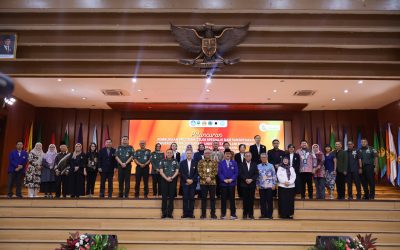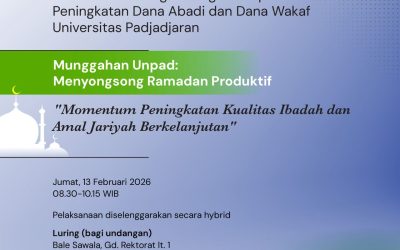Chronic kidney disease patients undergoing maintenance hemodialysis frequently experience systemic inflammation, which worsens prognosis. Dr. Rudi Supriyadi and his team explored whether supplementation with reduced L-glutathione, a key antioxidant, could dampen inflammation markers in these vulnerable patients.
The trial assessed serum levels of TNF-α and hs-CRP, alongside the neutrophil-to-lymphocyte ratio (NLR), as indicators of systemic inflammation. Results demonstrated a significant reduction in all three parameters following supplementation, suggesting a promising adjunctive therapy for dialysis populations.
The biochemical rationale lies in glutathione’s central role in neutralizing free radicals and maintaining redox balance. In patients repeatedly exposed to oxidative stress from hemodialysis, restoring antioxidant capacity may directly influence inflammatory signaling pathways.
Notably, the clinical benefits extended beyond laboratory markers. Participants reported improved well-being and lower fatigue levels, though these were not the primary endpoints. Such patient-reported outcomes align with the physiological improvements observed.
These findings open new possibilities for integrating nutritional interventions into nephrology care. While larger multicenter trials are required, the study positions glutathione supplementation as a simple, low-cost approach to mitigate chronic inflammation in hemodialysis patients.
This research contributes to SDG 3: Good Health and Well-Being by enhancing quality of life and survival prospects for dialysis patients, and to SDG 12: Responsible Consumption and Production through the use of safe, sustainable nutritional interventions. It highlights Universitas Padjadjaran’s commitment to health innovation, reinforcing its standing in the THE Impact Rankings.





0 Comments